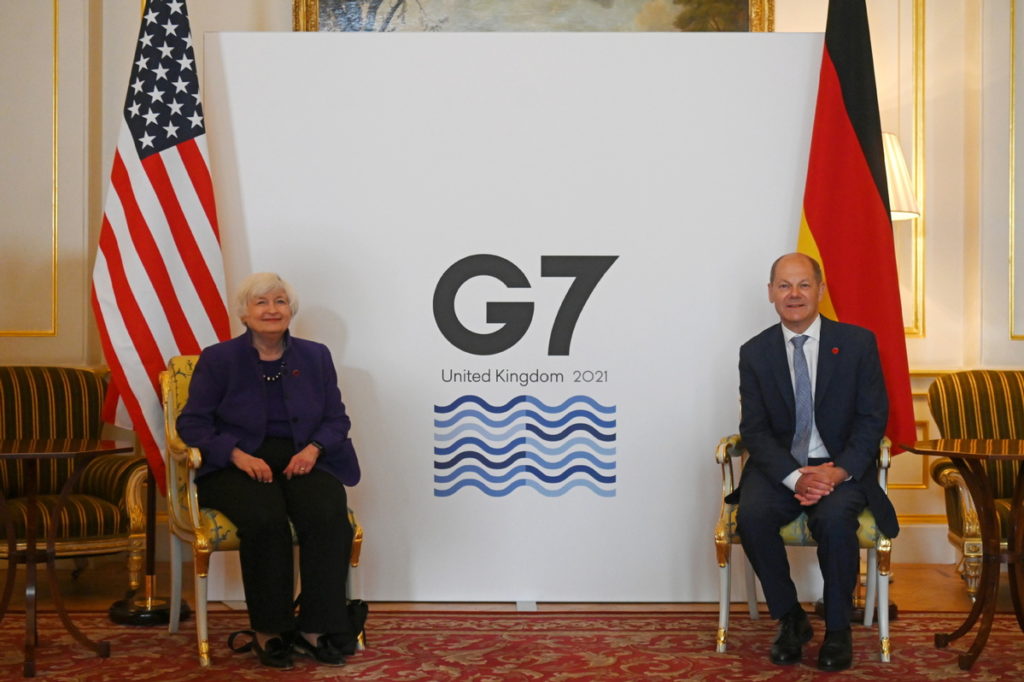The G7 financial ministers reached an agreement on the minimum global corporate tax rate, setting it at 15 percent.
This agreement is to try to settle the disputes on digital tax between the United States and the European Union, and prepare for the implementation of the minimum global corporate tax in the future so as to plug the loopholes that multinational corporations have been taking advantage of to evade tax.
Due to the different corporate tax rates adopted by different countries at present, the multinational companies register in tax havens and locate their production in low tax countries and regions.
According to an estimate by the OECD, governments around the world lose about $240 billion in tax revenue each year because of this practice. With the support of the OECD, 137 countries started working together in 2013 to resolve the issue.
Even though the minimum global corporate tax rate will increase the companies’ tax payments, it will stop them falling victims to repetitive taxing, and help to level the global playground for fair competition, an overdue move for the healthy development of economic globalization.
However, there is still a long way to go for the agreement of the G7 to be translated from a consensus of the rich club into real actions, as the G7 members need to strive for the other countries’ endorsements, particularly the developing countries and emerging market economies, which have attracted foreign investment with low tax for a long time.
The adjustment of the tax rate will necessarily prompt many corporations to rethink their global layout. So the final version should be more inclusive and balance the interests of both developed and the less-developed economies.
Predictably, it will take a long time for the initiative to pass the legislatures of these countries. Take the United States for instance, as many of the corporations affected by the minimum global tax rate will be US companies, it remains to be seen whether the US Congress will give a green light to it.
